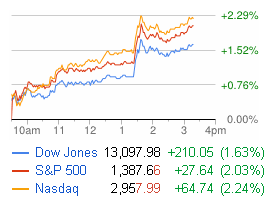 by Chris Banescu –
by Chris Banescu –
The latest economic data released Thursday confirms what all Americans, especially business owners, already knew. Economic growth has slowed down to a measly 1.5% (from 2% the previous quarter), job growth continues to languish with nationwide unemployment at a dismal 8.2%, consumer confidence has fallen to its lowest level this year, and consumer spending is also tanking. Household purchases, which represent approximately 70% of GDP, grew at the slowest pace in a year. Recent surveys show that Americans have lost approximately 40% of their net worth in the last few years, and poverty rates are reaching levels not seen in this country since the 1960s.
So, why are the markets up? [Read more…]

 by Josh Linkner –
by Josh Linkner –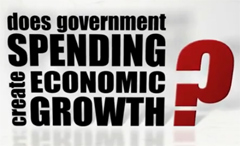 If you knew a dollar invested in something would wind up losing more than a dollar, would you consider that a good investment?
If you knew a dollar invested in something would wind up losing more than a dollar, would you consider that a good investment? by Chris Banescu –
by Chris Banescu –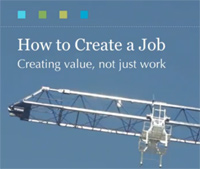 With unemployment still above 9 percent, Americans are searching for answers that will lead to quality, lasting jobs. Past failures of jobs programs show that addressing the symptom instead of the disease has yet to lead to real job growth.
With unemployment still above 9 percent, Americans are searching for answers that will lead to quality, lasting jobs. Past failures of jobs programs show that addressing the symptom instead of the disease has yet to lead to real job growth.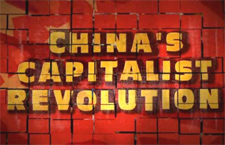 by James E. Miller –
by James E. Miller –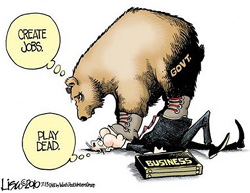 by Tom McClintock –
by Tom McClintock –